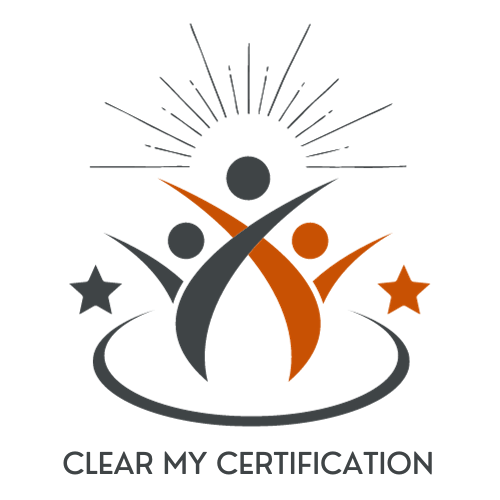SEMrush’s approach to content-led SEO emphasizes the strategic integration of high-quality content creation with comprehensive SEO tactics. Here’s how SEMrush supports content-led SEO:
- Content Research and Ideation: SEMrush provides tools for keyword research, topic analysis, and content gap analysis, helping users identify relevant topics and keywords that align with their target audience’s interests and search intent.
- Content Optimization: SEMrush offers on-page SEO tools that help optimize content for target keywords, analyze readability, and suggest improvements to meta tags, headings, and content structure to improve search visibility and user experience.
- Competitor Analysis: SEMrush enables users to conduct competitive research to identify content gaps, uncover competitor strategies, and benchmark their own content performance against industry rivals, facilitating informed decision-making and content strategy refinement.
- Content Creation Assistance: While SEMrush isn’t a content creation platform per se, it offers content templates, SEO writing assistance, and recommendations based on best practices and data-driven insights to help users create high-quality, SEO-friendly content.
- Content Distribution and Promotion: SEMrush provides features for content distribution and promotion, including social media management tools, influencer outreach capabilities, and backlink analysis, helping users amplify their content reach and improve its authority and visibility.
- Performance Monitoring and Reporting: SEMrush offers robust analytics and reporting features that enable users to track the performance of their content-led SEO efforts, monitor key metrics such as organic traffic, rankings, engagement, and conversions, and gain actionable insights to optimize their strategy continuously.
By combining these features and functionalities, SEMrush empowers businesses and marketers to implement a content-led SEO approach that prioritizes valuable, user-centric content creation while leveraging SEO best practices to maximize organic search visibility and drive measurable results.
Semrush Content-Led SEO Certification Exam Answers
Question 1: What are Linkreators?
- A specific type of backlink
- Bloggers and journalists in your niche
- Tools for building backlinks to your site
Question 2: What are Medium Tail Keywords?
- Keywords that are highly likely to convert
- Keywords with high search volumes
- Keywords with relatively moderate search volumes
- Low competition keywords
Question 3: What is the #1 goal of a Power Page?
- Converting visitors into leads and customers
- Building backlinks
- Getting lots of blog comments
- Going viral on social media
Question 4: Which Power Page Content Framework is focused on data?
- Awardsbait
- The Industry Study
- The Detailed Checklist
- The Go-To Guidebook
Question 5: Which Power Page Content Framework is best for building relationships?
- The Trademark Technique
- Awardsbait
- Expanded List Post
- The Go-To Guidebook
Question 6: Which Power Page Content Framework is best for establishing yourself as an expert in your niche?
- The Trademark Technique
- The Industry Study
- The Go-To Guidebook
- The Detailed Checklist
Question 7: Which phase of content promotion should be done first?
- The social media phase
- The link building phase
- The eyeball phase
- The outreach phase
Question 8: Which link building strategy focuses on fixing broken resources?
- The Skyscraper Technique
- Roundup link building
- Content curator link building
- Renovation link building
Question 9: What are “Shoulder Niches”?
- Niches unrelated to your niche
- Industries somewhat related to your niche
- Niches directly related to your nice
Question 10: Which tactics can help improve organic CTR?
- All the options
- Using brackets
- Using emotional sentiment
- Writing short title tags
- Adding numbers to title tags
Question 11: What is Dwell Time?
- Amount of time a user spends on a page
- How long it takes a webpage to load
- Average reading level of a written piece of content
- Another term for bounce rate
Question 12: Why is search intent important?
- Helps you automatically optimize for UX signals
- Helps Google index more of your pages
- Makes it easier to implement on-page SEO
- Improves average page loading speed
Question 13: What’s the first step to scaling up content production?
- Auditing your existing content process
- Hiring writers
- Generating more keyword ideas
- Updating your existing content
Question 14: What’s a reliable way to get high-quality writing delivered from freelancers?
- Send them a list of keywords to start with
- Emphasize the importance of the assignment
- Ask them to submit a writing sample
Question 15: What are “Stat Keywords”?
- Keywords that have known search volume and cpc data
- Keywords that people use to find stats
- Keywords that are especially important for business goals
- Keywords that have low competition
 Clear My Certification All Certification Exam Answers
Clear My Certification All Certification Exam Answers